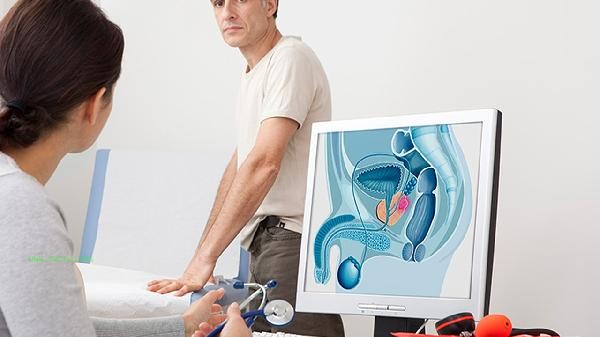The foods that are beneficial for testicular health mainly include oysters, tomatoes, nuts, deep-sea fish, and green leafy vegetables. These foods are rich in nutrients such as zinc, lycopene, vitamin E, omega-3 fatty acids, and folate, which help maintain testicular function and sperm quality.

1. Oysters
Oysters are a natural treasure trove of zinc, with zinc content per 100 grams of oysters reaching several times daily needs. Zinc directly participates in testosterone synthesis and plays a crucial role in maintaining sperm motility and quantity. Long term insufficient zinc intake may lead to impaired spermatogenesis, and moderate consumption of oysters can help improve the microenvironment of the male reproductive system. It is recommended to choose a fresh steaming and cooking method to avoid damaging nutrients through high-temperature frying.
2. Tomatoes
Tomatoes are rich in lycopene, a powerful antioxidant that can eliminate free radicals in testicular tissue. Research has shown that lycopene can reduce the probability of sperm DNA damage and improve semen parameters. Cooking tomatoes is more conducive to the absorption of lycopene, and consuming them with olive oil can enhance their bioavailability. Properly increasing intake in patients with chronic prostatitis can help alleviate inflammatory reactions.
3. Nuts
Nut based foods such as walnuts and almonds are rich in vitamin E and selenium. Vitamin E, also known as tocopherol, can protect testicular cell membranes from oxidative damage and maintain the normal structure of the seminiferous epithelium. Selenium is an essential trace element for the development of sperm mitochondria, and its deficiency may lead to an increase in sperm deformity rate. Daily intake of 20-30 grams of mixed nuts is sufficient to meet the needs, and those with allergies should consume them with caution.

4. Deep sea fish
Salmon, sardine and other deep sea fish provide high-quality omega 3 fatty acids, which can regulate prostaglandin synthesis and improve local blood circulation of the testis. DHA is crucial for maintaining the fluidity of sperm cell membranes, and regular consumption can help improve sperm vitality. It is recommended to use low-temperature cooking methods such as steaming to avoid large predatory fish with high mercury content.
5. Green leafy vegetables
Dark leafy vegetables such as spinach and kale contain folate and magnesium elements. Folic acid is involved in DNA synthesis and repair processes, and has a protective effect on the stability of sperm genetic material. Magnesium can alleviate oxidative stress in testicular tissue, and its deficiency can affect testosterone secretion levels. Patients with acute and chronic varicocele can increase their intake appropriately to assist in improving local microcirculation status. In addition to the aforementioned foods, maintaining a balanced diet is equally important for testicular health. It is recommended to control the intake of red meat and processed foods, and avoid excessive alcohol consumption that affects the liver's metabolism of hormones. Regular lower limb exercises such as squats and swimming can promote local blood circulation in the testicles and avoid prolonged sitting that can cause an increase in scrotal temperature. Wear loose and breathable cotton underwear to reduce exposure to high temperature environments such as sauna. If there is persistent scrotal swelling or abnormal reproductive function, it is necessary to seek medical examination at the urology or urology department in a timely manner.









Comments (0)
Leave a Comment
No comments yet
Be the first to share your thoughts!